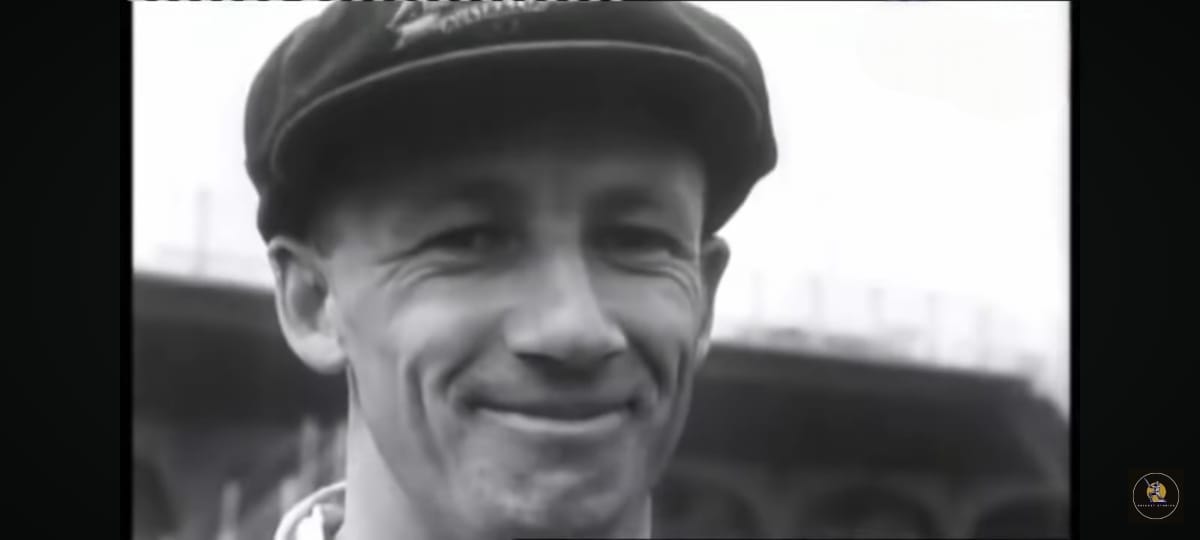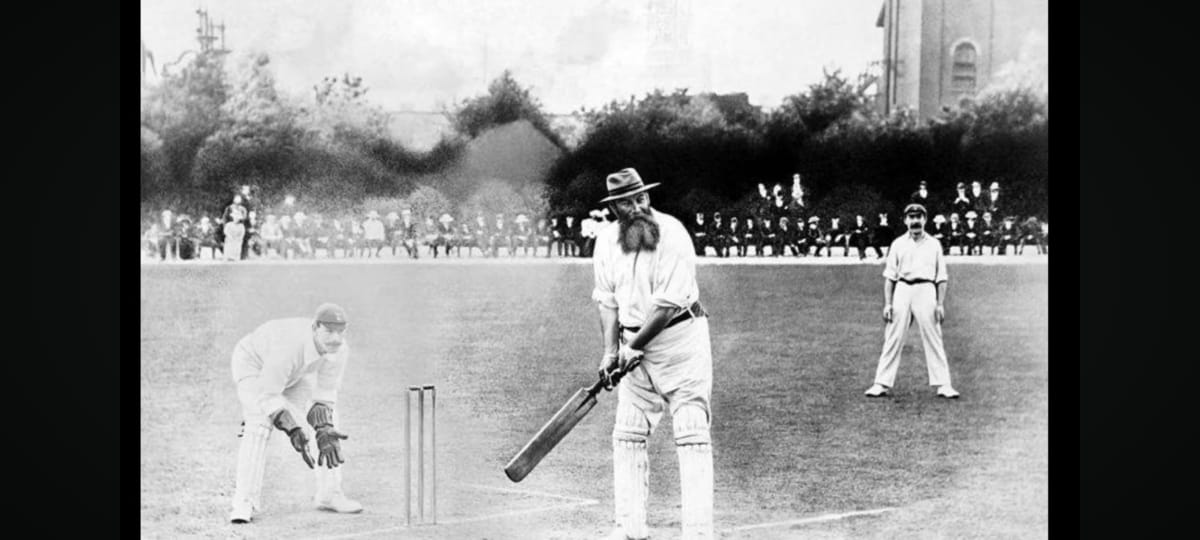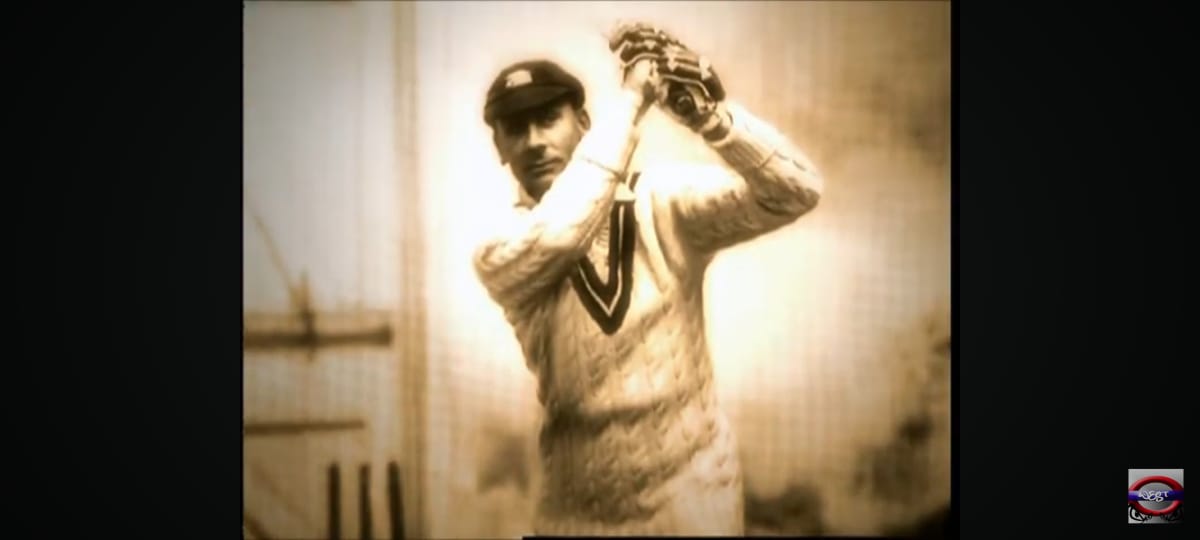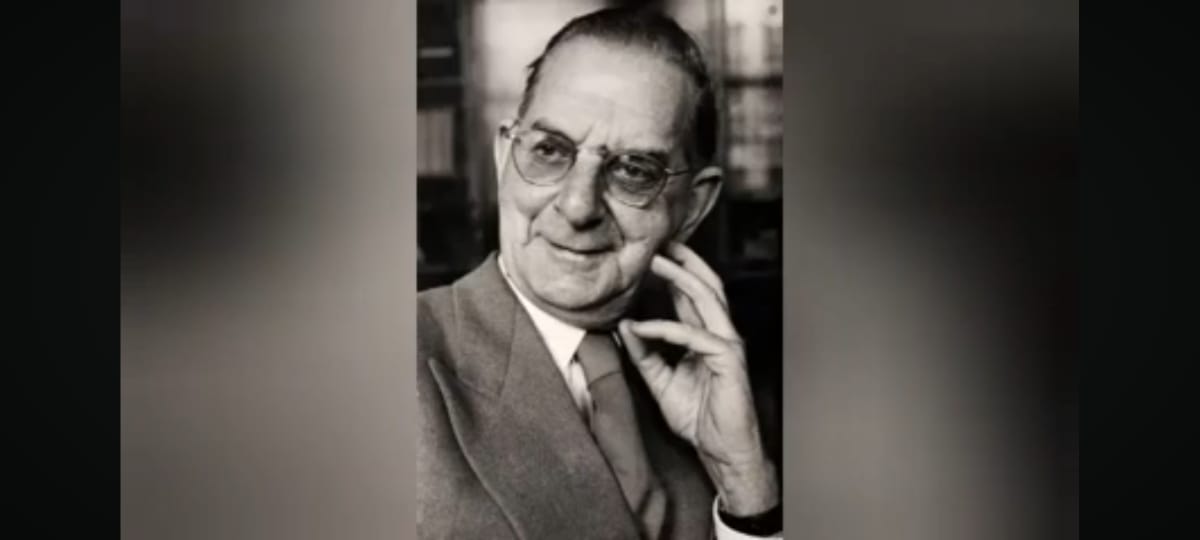Table of Contents
In the rich cricket’s history, certain figures stand out as guiding light, worship for their profound influence on the sport.
“The ‘godfather’ of cricket remains a contested crown, worn by different figures depending on who you ask. Some hail W.G. Grace for shaping the game into its modern form, while others see Kerry Packer as a revolutionary who brought financial muscle and innovation. Perhaps, the true godfather is cricket itself, a sport passed down through generations, ever evolving with each passionate player and dedicated fan.”
From the dawn of cricket to its modern-day manifestations, these individuals have earned the title of “godfather,” symbolizing their unparalleled contributions and enduring legacies.
In this article, we delve into the world of cricket’s godfathers, exploring their origins, impact, and the timeless legacy they have left for generations to come.
Origin and Evolution of the Term “Godfather of Cricket”
Cricket’s narrative is decorated with tales of extraordinary individuals who have left an remarkable mark on the sport.
The term “godfather of cricket” has evolved over time, signifying not only prowess on the field but also leadership, innovation, and influence beyond the boundary ropes.
From its humble beginnings to its contemporary connotations, the term has undergone a fascinating evolution, reflecting the changing landscape of cricket and its cultural significance.
Watch the Three Godfather of Cricket in action:
Sir Donald Bradman: The Ultimate Godfather?

No discussion of cricket’s godfathers is complete without paying homage to Sir Donald Bradman, whose name is synonymous with excellence and unparalleled achievement.
Widely regarded as the greatest batsman of all time and true god of cricket Bradman’s statistical dominance and unwavering consistency have elevated him to the status of a cricketing deity.
His legacy transcends generations, cementing his place as the ultimate godfather of the sport.
WG Grace: The Pioneer and Godfather of Modern Cricket

In the annals of history, few names loom as large as that of William Gilbert Grace, an English cricketer, whose towering presence helped shape the modern game.
Revered for his prodigious talent and larger-than-life persona, Grace epitomized the spirit of cricket in its formative years.
As a pioneer of professionalism and innovation, he laid the groundwork for future generations, earning his rightful place as a godfather of the sport.
Jack Hobbs: The Quiet Godfather of Cricket

While some godfathers command attention through flamboyance and flair, others exert their influence with quiet dignity and understated brilliance.
Jack Hobbs belongs to the latter category, his remarkable feats on the field speaking volumes about his unmatched skill and determination.
Despite his unassuming demeanor, Hobbs’ legacy as one of cricket’s greatest batsmen endures, making him a godfather in his own right.
Sir Garfield Sobers: A Godfather of All-Round Excellence

Sir Garfield Sobers transcended the traditional boundaries of cricket, showcasing a rare blend of batting, bowling, and fielding prowess that set him apart as a true all-rounder par excellence.
His record-breaking achievements and effortless grace on the field established him as a godfather of cricket’s all-rounders, inspiring generations of players to emulate his multifaceted approach to the game.
Sir Ranjit Singh Ji Vibhaji Jadeja: The Father of Indian Cricket
Pioneering Indian Representation in International Cricket:
Sir Ranjit Singh Ji Vibhaji Jadeja, after whom the prestigious Ranji Trophy is named, was a pioneer for Indian cricket. Playing for England at a time when India did not have its own team, he showcased the potential of Indian cricketers on an international stage.
Innovative Techniques and Cultural Impact:
Jadeja’s invention of the Leg Glance and Late Cut shots revolutionized cricket during his time. His unorthodox techniques challenged the prevailing norms and paved the way for more creative and aggressive styles of play. As an administrator and developer of cricket in India, his contributions laid the groundwork for the sport’s growth in the country.
Royal Influence and Legacy:
Belonging to the royal family of Nawanagar, Jadeja used his influence to promote cricket in India. His legacy is enshrined in the Ranji Trophy, a testament to his lasting impact on Indian cricket.
Neville Cardus: The Literary Godfather of Cricket
In the world of cricketing literature, few writers command the same reverence and respect as Neville Cardus, whose lyrical prose and amazing insights captured the spirit of the sport with unparalleled eloquence.

As a chronicler of cricketing history and culture, Cardus carved out a niche for himself as the literary godfather of the game, leaving behind a treasure trove of timeless writings that continue to inspire and enchant cricket enthusiasts worldwide.
Kerry Packer-A Revolutionary Business Tycoon

Kerry Packer’s impact on cricket is undeniable. He is most remembered for his creation of World Series Cricket (WSC), a breakaway competition that challenged the established cricket authorities and ultimately revolutionized the sport.
Packer’s vision:
- Financial muscle: Packer offered players significantly higher salaries, attracting many of the biggest stars of the time. This helped to professionalize the sport and made it more lucrative for players.
- Innovation: WSC introduced several new concepts that are now commonplace in cricket, such as white balls, colored clothing, and day-night matches. These innovations made the game more exciting and appealing to a wider audience.
- Global reach: WSC featured players from all over the world, helping to break down national barriers and promote cricket as a truly global sport.
Impact on cricket:
- Increased popularity: WSC’s success helped to boost the popularity of cricket around the world.
- Professionalization: Packer’s investment helped to professionalize the sport, leading to higher salaries for players and improved facilities.
- Innovation: The innovations introduced by WSC have been adopted by the mainstream game, making it more exciting and watchable.
The Legacy of Cricket Administrators: Godfathers Behind the Scenes
Behind every great cricketing spectacle lies a cadre of dedicated administrators whose tireless efforts and visionary leadership shape the sport’s trajectory.
From governance and development to commercialization and expansion, these unsung heroes operate behind the scenes, steering cricket into new frontiers and ensuring its continued growth and prosperity.
Their contributions may not always be visible on the field, but their impact is felt far and wide, making them true godfathers of the sport.
Cricket’s Cultural Icons: Godfathers Beyond the Boundary
Cricket’s influence extends far beyond the confines of the playing field, permeating various facets of society and culture.
From literature and art to music and cinema, the sport has inspired a rich tapestry of cultural expression, with certain individuals emerging as cultural godfathers who embody cricket’s spirit and ethos.

Through their creative endeavors and artistic interpretations, these cultural icons enrich the tapestry of cricketing heritage, leaving an indelible mark on popular culture.
The International Influence: Godfathers from Around the Globe
Cricket is a truly global phenomenon, with players, administrators, and enthusiasts from diverse backgrounds contributing to its rich tapestry of traditions and legacies.

From the sun-soaked fields of the Caribbean to the bustling streets of India, cricket’s international appeal knows no bounds, thanks in no small part to the efforts of visionary leaders and pioneering figures who have championed the cause of the sport on a global scale.
The Godfather Legacy: Passing the Torch to Future Generations
As cricket continues to evolve and adapt to the demands of the modern era, the legacy of its godfathers serves as a guiding light for future generations of players, administrators, and fans. There are many contenders like Indian cricketer Sachin Tendulkar, West Indian Brain Lara, Australian legend Shane Warne etc.

Whether through their on-field exploits, literary contributions, or cultural influence, these iconic figures have left an enduring imprint on the sport, inspiring successive waves of talent to uphold the values of integrity, excellence, and sportsmanship that define cricket at its finest.
As we look to the present era of Odi and t20 internationals players like MS Dhoni, Rohit Sharma, Virat Kohli, Joe Root can be called the modern-day cricket gods.
Godfather of Team India
The title “Godfather of Team India” is often unofficially used for MS Dhoni. Here’s why it’s interesting:
- Legacy after legends: Sachin Tendulkar is widely regarded as the “God of Cricket” in India. Dhoni, with his exceptional leadership and calmness under pressure, earned the godfather title for guiding a new generation of players after Sachin’s retirement.
- From Captain to Mentor: Dhoni’s captaincy brought India immense success, including the 2011 World Cup win. As he transitioned out of captaincy, he didn’t simply leave. He stayed on, sharing his experience and strategies with younger players, becoming a guiding figure.
- Nicknames and Impact: Dhoni’s nickname, “Captain Cool,” reflects his composed demeanor. This quality, along with his sharp cricket sense, has been instrumental in shaping the current team’s temperament and approach to the game, even after he vacated Test captaincy.
It’s important to note that this is a nickname, not an official title. But it reflects the immense respect and influence Dhoni holds within the Indian cricket team.
Here are some FAQs about Who is the godfather of cricket
Who is considered the godfather of cricket?
The title of the godfather of cricket is often debated among fans and experts. Names frequently mentioned include Sir Donald Bradman, WG Grace, and Sir Garfield Sobers, among others.
What criteria determine someone as the godfather of cricket?
Criteria for determining the godfather of cricket often include excellence in playing, significant contributions to the sport’s development, and lasting influence on its culture and ethos.
Why is Sir Donald Bradman often referred to as the godfather of cricket?
Sir Donald Bradman’s unparalleled batting records, leadership on the field, and lasting impact on the sport’s global recognition often lead to him being considered the godfather of cricket.
How did WG Grace contribute to cricket to earn the title of godfather?
WG Grace is often regarded as a godfather of cricket due to his pioneering role in shaping the modern game, his remarkable cricketing achievements, and his influence as a leading figure in the sport during the late 19th and early 20th centuries.
What makes Sir Garfield Sobers a contender for the title of cricket’s godfather?
Sir Garfield Sobers’ versatility as an all-rounder, his record-breaking performances, and his impact on cricket’s evolution, particularly in the West Indies, make him a strong contender for the title of cricket’s godfather.
Are there any lesser-known figures who could be considered godfathers of cricket?
Yes, several lesser-known figures have made significant contributions to cricket’s history and development, such as Neville Cardus, Jack Hobbs, and influential administrators like Lord Harris.
How does cricket’s cultural significance influence the concept of its godfather?
Cricket’s cultural significance, particularly in countries like India, Pakistan, and the Caribbean, plays a crucial role in shaping perceptions of who could be considered the godfather of the sport, with cultural icons often emerging as influential figures in cricketing lore.
Do modern-day players have the potential to become cricket’s godfathers?
While the title of godfather is often associated with historical figures, modern-day players like Sachin Tendulkar, Brian Lara, and Shane Warne have achieved such heights of excellence that they could be considered contenders for the title in the future.
Can a single individual truly encapsulate the essence of cricket’s godfather?
Cricket’s rich history and diverse cultural influences make it challenging for any single individual to fully encapsulate the title of godfather. Instead, the concept often encompasses a collective of influential figures who have shaped the sport over time.
Why is the concept of cricket’s godfather important to fans and enthusiasts?
The concept of cricket’s godfather serves as a means of honoring and recognizing the significant contributions of individuals who have left a lasting legacy on the sport, fostering a sense of reverence and appreciation among fans and enthusiasts for cricket’s rich history and traditions.
Conclusion
In the grand narrative of cricket’s history, the godfathers stand as towering figures whose influence transcends the boundaries of time and space.
From Sir Donald Bradman to Neville Cardus, their contributions have shaped the sport in profound and lasting ways, leaving an indelible mark on cricketing culture and heritage.
As we celebrate their legacy and pay tribute to their achievements, let us remember that cricket is more than just a game—it is a testament to the human spirit and the enduring power of passion, perseverance, and camaraderie.
Long live the godfathers of cricket, whose legacy will continue to inspire and uplift generations to come.
Read More: In which Year International Cricket Council was Founded?
James Paul is a former first-class cricketer and passionate cricket analyst. His decades of experience on the field and his love for the game shape his insights into the strategies and personalities that define world-class cricket.

inventore dolorem qui exercitationem quas alias et consequatur voluptatem eum adipisci consectetur et. dicta rerum id illo quis aut neque et accusamus. ullam velit aut perferendis blanditiis est sunt